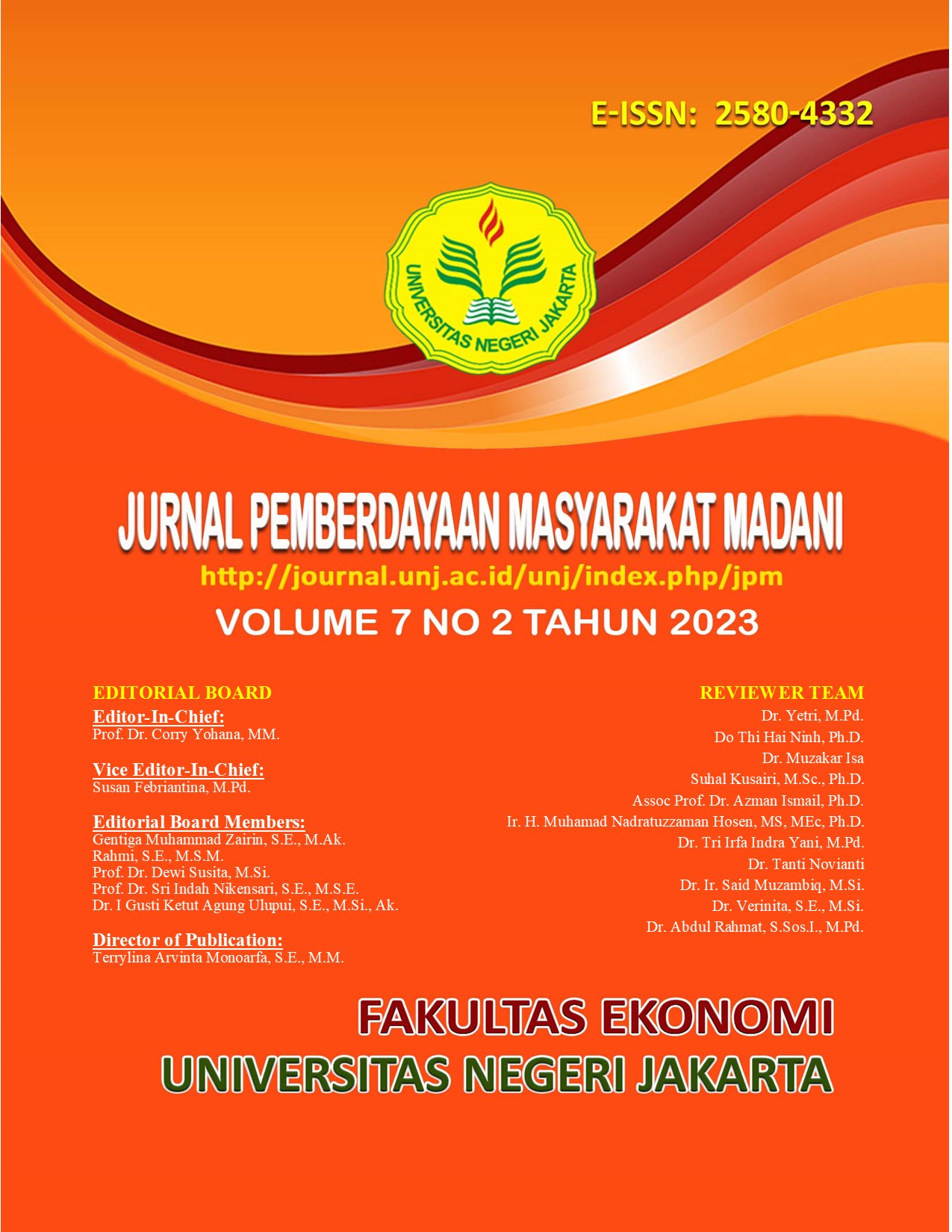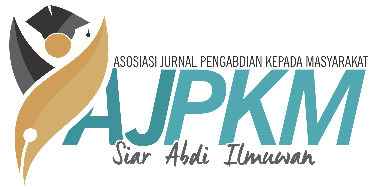Optimizing of Library Management Based 5S Method (Case Study: Buluh Cina Village, Kampar District, Riau)
DOI:
https://doi.org/10.21009/JPMM.007.2.05Keywords:
Library Management, 5S Method, Book Code, Computerize, Library ServicesAbstract
This community service activity aims to develop and improve library management using the 5S method and computerised system of books inventory to increase community literacy in Buluh Cina Village, Kampar Regency, Riau Province. The optimal and efficient library, such as book collections, library users, facilities, infrastructure, and library management, can be appropriately managed based on the 5S method and book inventory-based computerisation. The 5S method (Seiri, Seiton, Seito, Seiketsu and Shitsuke) was adopted to organise library rooms by arranging bookshelves, catalogue cabinets, reading tables, and other equipment. By applying the 5S method, a more optimal inventory management system and book borrowing were obtained easily. The existence of this system makes it easier for officers to put back the books that have been read in their original place. Replacing books can be done quickly; the librarian only needs to input the book code, book data and shelf locations for storage displayed. The book was inventory-based computerised, which made it more accessible to detect the number of collections, the presence of books on storage shelves, a monitoring system for book borrowers, and additional collections. Therefore, the management and services of the library are optimal and lead to the visitors' satisfaction.
Downloads
Published
How to Cite
Issue
Section
License

This work is licensed under a Creative Commons Attribution-NonCommercial-ShareAlike 4.0 International License.
















